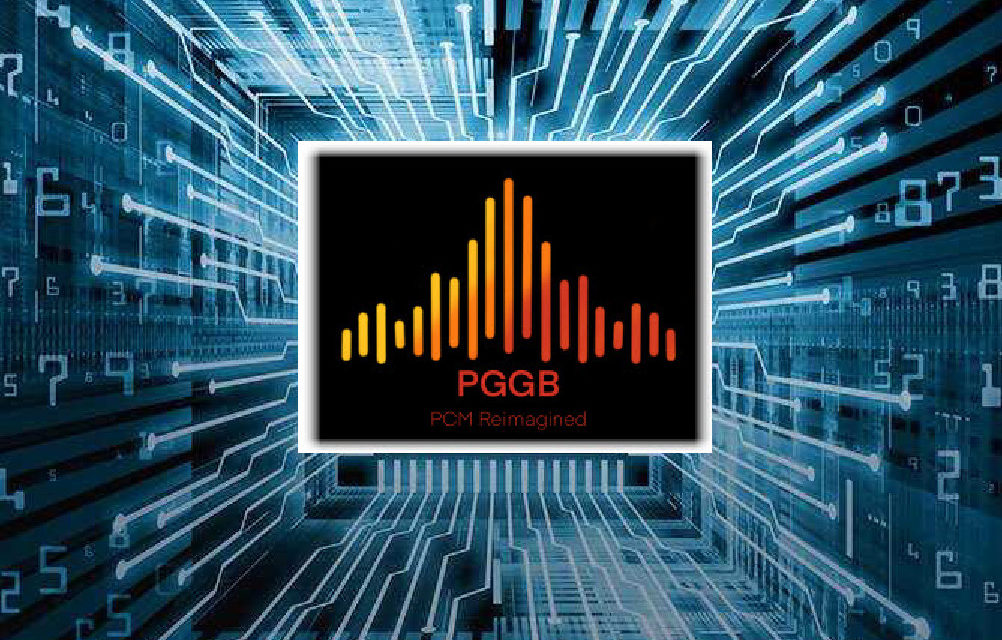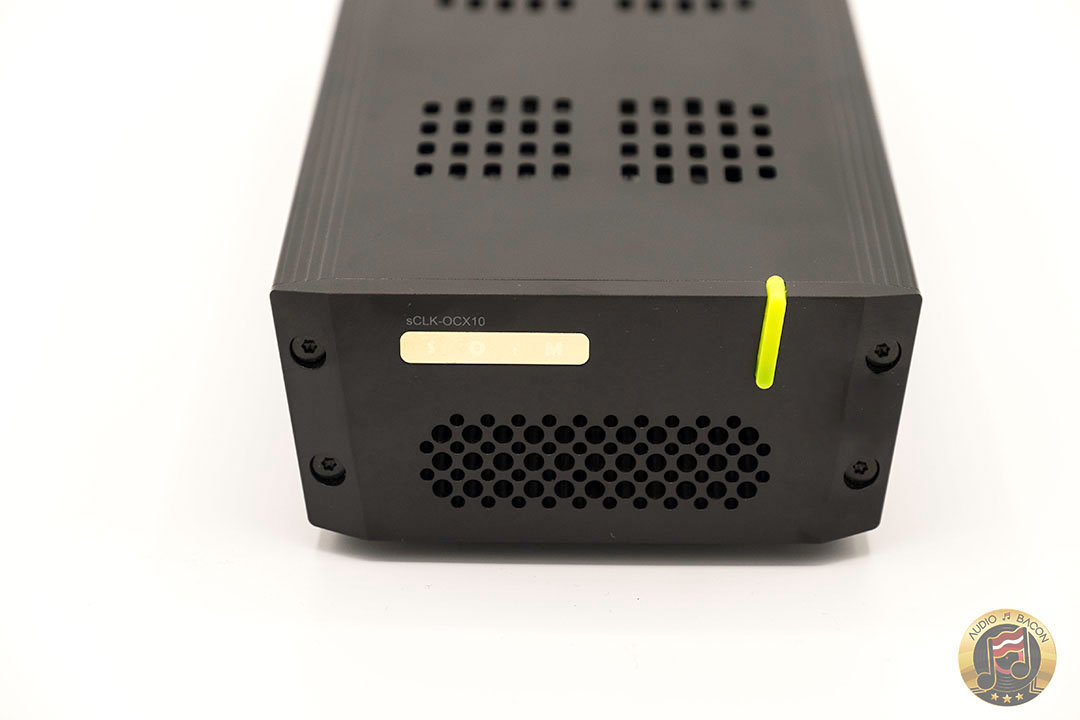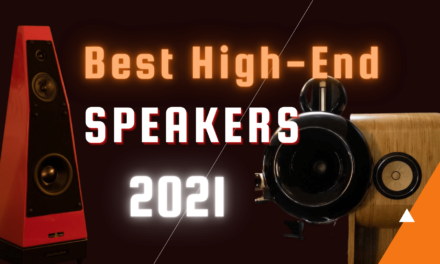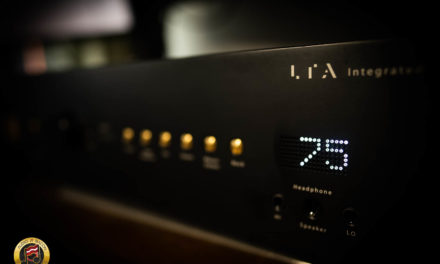Final Thoughts
Contents
If it isn’t obvious by now, if you seek ultimate transparency, you have to give PGGB a listen. The comparison between PGGB-upscaled and original music files reveals clear contrasts in detail retrieval, dynamics, coherence, and overall realism. Upscaled files shine in delivering a crystal clear and spacious soundstage. It also unravels any nuance or micro-details that was hidden in the original file. Also, with distinct instrument and vocal separation – it enhances the overall intelligibility and depth of the music. To the point where it really makes you question “Is there really anything left to uncover?”
However, as mentioned many times, this precision can sometimes diminish the warmth and richness found in the original (44.1 kHz) recordings, which may be preferred for their natural tone or more forward midrange. But then you realize how flat and fuzzy everything sounds – and how the original files are less convincing from a imaging and transparency perspective. This seems to be the expected trade-off with high-resolution files.
Putting It All Together
My overall impressions of PGGB suggest that while upscaling can enhance certain aspects of HiFi, it also comes with trade-offs. The original recordings often carry more low-end heft and a naturalistic color that seems somewhat diminished in upscaled versions. However, PGGB excels in rendering music with remarkable detail and precision. Bringing a live performance’s nuances and spatial cues to the forefront. I feel this makes PGGB particularly appealing for live recordings or genres that benefit from perfect focus and soundstage accuracy, such as classical or acoustic music.
Regardless, PGGB is still revelatory for any genre of music. And it’s undeniable that the music sounds more 2D, grainy, brittle, and less cohesive without the PGGB upscale treatment. But the the thing is, there will be times you’ll just prefer the original rip. It really boils down to “What moves you?” Are you willing to sacrifice some soul for insight? Are realistic transients more important to you than meatier vocals? That’s something only you can answer.

Bridging Clarity and Musicality in Upscaling
To conclude, exploring PGGB reveals a fascinating interplay between illumination and preserved musicality. PGGB excels in dissecting complex arrangements, allowing each instrument’s method of play—whether struck, blown, bowed, or plucked—to be distinctly appreciated. The realism is palpable, presenting a performance that feels within reach. It’s wonderful when these are the elements that gives you goosebumps and has you listening more intently – and continuously.
From a performance standpoint, for those wondering if PGGB could equate to a DAC upgrade, the answer is yes. Given you don’t mind the drawbacks mentioned. Obviously this only really applies to audiophiles who have extensive offline music libraries (and a beefy computer). And said audiophile plans to grow this collection. The flexibility PGGB offers in tuning to one’s preferences (smoother, warmer, denser, etc.) is invaluable for obvious reasons. As I’ve mention, how good the recording sounds seems to really depend on how well the recording was mastered to begin with. But if you’re feeding your DAC a PGGB upscaled file, chances the results will be transformative.
PGGB grants listeners the ability to delve deeply into every aspect of the music, uncovering layers and details with dramatic vibrancy and zest. It brings forth a significant level of granularity, resolve, and clarity that clearly surpasses the original recordings. The result is reduced listening fatigue commonly associated with certain recording. And imbuing the music with a realistic quality and definition in the highest and lowest octaves.
In summary, PGGB provides a panoramic view of music’s intricacies. I plan to experiment more with PGGB, perhaps with DACs beyond 768 kHz. So for those seeking to unearth every layer of their music with precision and depth. PGGB will take you there.
Pricing:
PGGB invites audiophiles and music lovers to experience their music collection through a new ears, offering a 30-day trial to explore its capabilities.
- PGGB-IT! (64): $260
- Perpetual (128): $520
- Perpetual (256): $1030
- Upgrade to (256): $520
Official:
Shootout Poll:
I’m looking for ideas on my next shootout. Many of you are interested in DACs and music servers. Let me know in the comments which specific models you’re interested in having reviewed:









Recent Comments